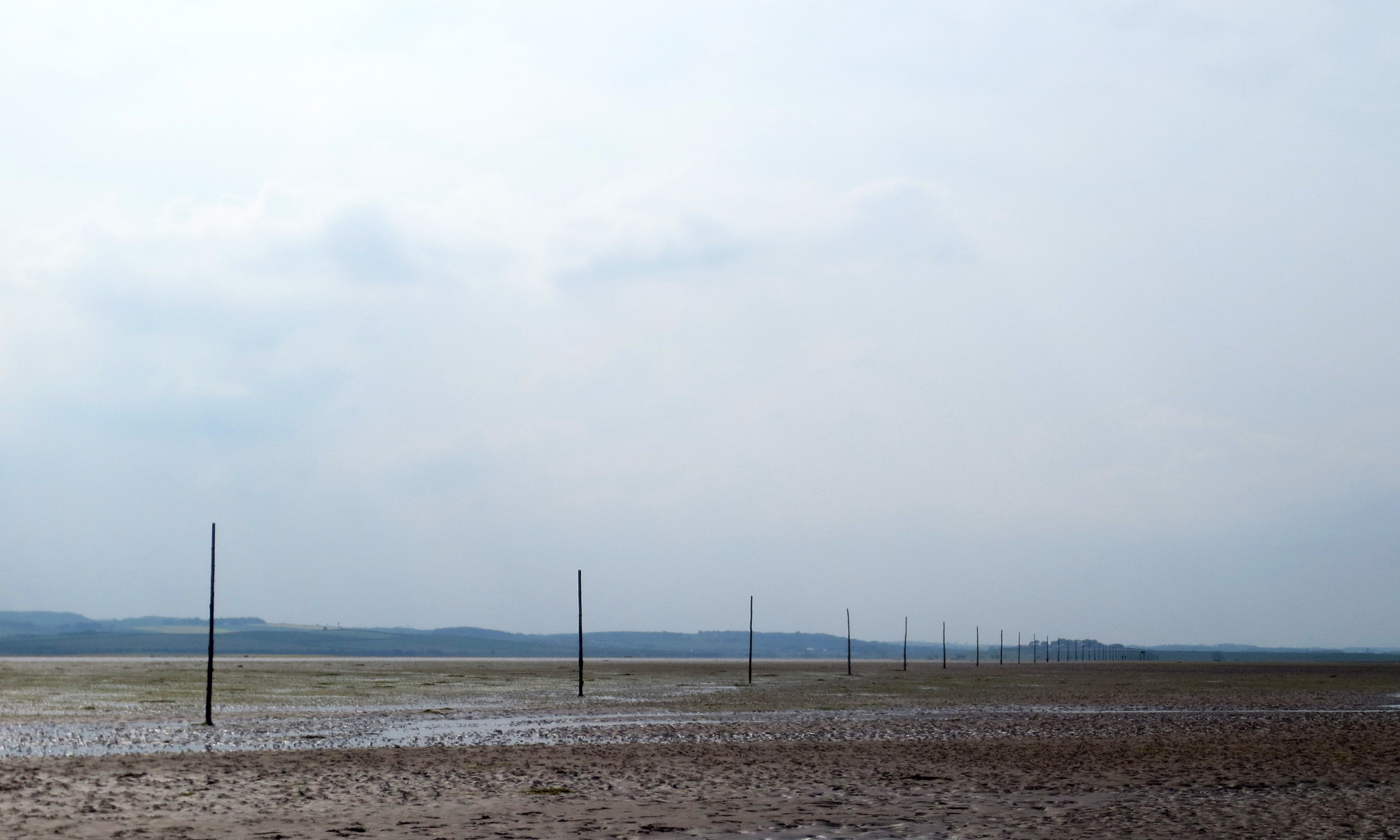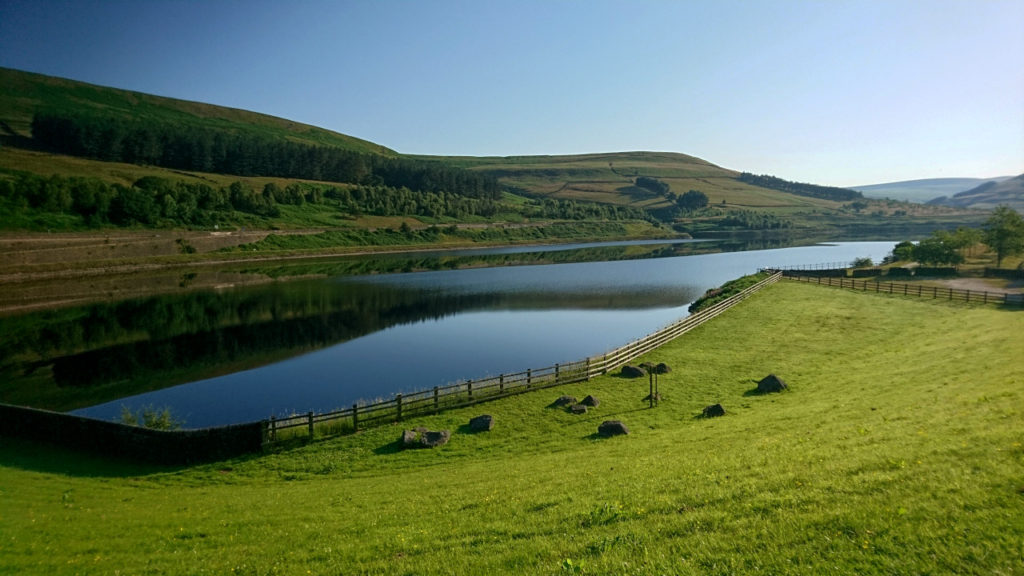God of love,
give us such love for our planet
and for each other,
that we do everything we can
to look after our atmosphere,
to refrain from burning fossil fuels,
wherever possible,
to support the efforts of scientists and engineers
trying to make the world a safer place.
We pray for your protection on all people
who live in places vulnerable to bad weather.
We pray for the people who, this month,
have been affected by floods, storms,
forest fires and extreme heat.
God help them through these times, we pray.
Living God, may your love and peace
fill this whole earth.


